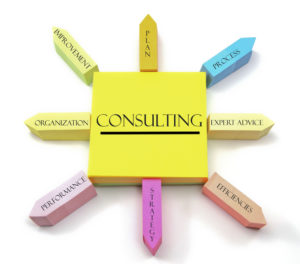Your Policy Is Only As Good As Your Agent
 To say that your insurance policy is only as good as your agent is a bold statement. You have also heard me say, that not all policies are created equal. Just what do I mean by this? The idea is that your agent is the most important part of your insurance program. Here are three reasons why this is true:
To say that your insurance policy is only as good as your agent is a bold statement. You have also heard me say, that not all policies are created equal. Just what do I mean by this? The idea is that your agent is the most important part of your insurance program. Here are three reasons why this is true:
- Insurance companies only offer a policy, they do not design coverage. On the other hand, independent agents can design coverage that is best for your specific needs.
- Independent agents work for the client, not the insurer.
- Experienced agents can help you identify and manage your risk, rather than sell you a policy.
The best way to ensure you are getting the best advice and value is to have a trusted relationship with an experienced agent. Like any relationship, communication is the key. A good agent will listen to the customer and offer risk and insurance solutions. There are times when insurance is not the best solution. Again, here are examples:
- Contractual Risk Transfer – There are many ways to transfer your risk through a contract or agreement. An example might be for products liability. If you are distributing a product manufactured by another party you can transfer the product liability to them, rather than take that risk on.
- Self-Insure – There are times when the risk may be such that you are better off self-insuring rather than spending a lot on an insurance policy with a super high deductible. Sometimes, you can mitigate risk by putting risk control techniques in place to reduce or eliminate the risk all together.
Only an agent who is interested in your best interests would offer you options that included no insurance. Rather than using any agent to get you an insurance quote, select a qualified independent agent who will collaborate with you and design a risk management program that meets your needs.







